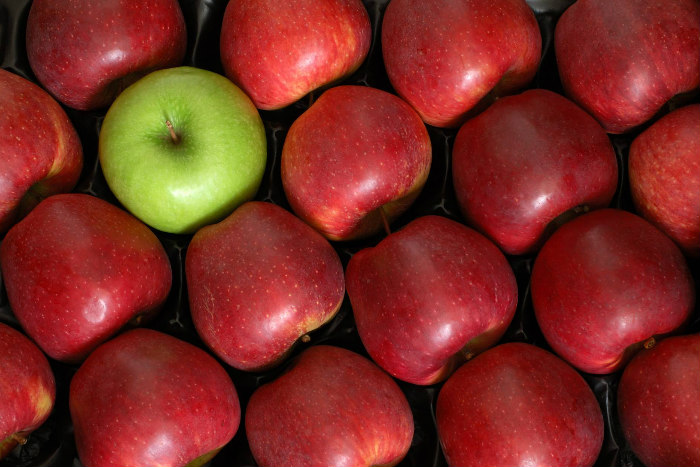
To You Who Are Struggling with an Eating Disorder or Disordered Eating on :
I see you and I understand what you are going through. The tenseness that creeps up as people discuss “The Fast.” I can empathize if the urges are getting stronger as the day approaches.
As someone who has recovered from my own eating disorder, I urge you not to fast -- even if those around you are.
I am not telling you this because the Torah clearly indicates that those who are ill are not supposed to fast; that is only the tip of the iceberg.
I am telling you this because you deserve recovery.
Recovery is possible for you, but fasting is likely to take you further away from it. Instead, it is likely to awaken your eating disorder and make it stronger. In my experience, you will not feel the pain of fasting dissipate at sundown with the relief of eating a bagel.
On Yom Kippur, many people wish one another "a safe and easy fast." For those of us with eating disorders, it will be neither safe nor easy -- it will be dangerous and detrimental. Instead of allowing us to focus on the meaning of the holiday, fasting can feel like total numbness to those of us with histories of disordered eating.
Yom Kippur is about , apologizing for the ways you hurt others. Through recovery, I discovered that the best apology is recovering. One of the best ways to show t'shuvah is to challenge your eating disorder by not fasting. It means choosing the harder option: adequately nourishing your body, even when others around you are not. I promise that not fasting takes more strength than sustaining an eating disorder.
Remember that recovery is a form of t'shuvah; you are not just returning to your authentic self, but to a recreated self. You have turned the page and can be present. You deserve peace for yourself in 5784 and beyond.
,
Someone Who is Not Fasting, Even Though She is Recovered from Her Eating Disorder, Because She is Honoring the Best Interests of Her Body and Soul
Related Posts

Breathe Bravely

The Holy Act of Caring for our Bodies: The Importance of Breast Cancer Testing Early and Often


